Tensions erupted in Washington Village in the late 1940s, when some residents and management tried unsuccessfully to evict Fort Monmouth employees. Around the same time, the FBI began to investigate many of the Fort Monmouth Jews living at Washington Village, who could be fired if “reasonable doubt” existed concerning their loyalty under Executive Order 9835.
“The natural conflict between the old residents and newcomers was exacerbated by religion,” says Klerman, who interviewed many of those involved. “The conflict was between the local uneducated Christians and the Jewish newcomers.”
“It was a very conservative area; it was a very explosive situation, you had a civilian security force that was very anti-Semitic,” says David Oshinsky, Pulitzer-Prize winning author of A Conspiracy So Immense: The World of Joe McCarthy. “They were picking these people off.” Given the fact that many of the Jewish scientists had attended City College or had associated in some way with communists or with someone who had been associated with them in their youth, “there was enough superficial evidence there to light a bonfire.”
With superficial evidence ripe for the picking, many were willing to pick it. According to Klerman, Ira Katchen—a local attorney who later represented many of the scientists called to testify before McCarthy—blamed the head of security at Fort Monmouth from 1940 to 1953. “Katchen said he was a real anti-Semite,” says Klerman. “He had his spies all over.”
That was Andrew J. Reid, who was described by one of the men he investigated as “a local cop from Eatontown” who knew nothing “about the scientific problems we faced.” Reid’s suspicions were shared by Signal Corps Intelligence Agency officers, army intelligence investigators and an active network of local anti-communists.
From 1946 on, Reid and others investigated scores of Signal Corps employees and were astounded when the local loyalty boards determined that most were loyal, including a few who had committed security breaches. As a result of these exonerations, those employees that had been dismissed were reinstated. Others, such as Milton Rosenberg—whose FBI file dates to 1948—were not dismissed at the time.
Until McCarthy drew national attention to Fort Monmouth, little appeared in local newspapers during this period. “The press didn’t cover it,” said the late Doris Raffelovich, a longtime local reporter. “And nobody talked about it. They were all ashamed.”
Some of these early Signal Corps investigations took on new life in 1950 when the Soviets detonated the atom bomb that they built based on information supplied by communist spies in the U.S. One of these spies was Klaus Fuchs, a German theoretical physicist who was convicted that year of providing the Russians with documents from the Manhattan Project during and shortly after World War II. Fuchs, who had worked at Los Alamos, fingered another Los Alamos nuclear physicist, David Greenglass, who in turn led investigators to his brother-in-law Julius Rosenberg. The news of Rosenberg’s involvement led to wild speculation about a possible Rosenberg spy ring at Fort Monmouth, reigniting interest in those who had already been investigated even if they had been cleared.
In 1951, Major General Kirke B. Lawton took over as Fort Monmouth’s commander. He was described as being “obsessed” with security regulations and, like Reid, he was disturbed that scientists who had been suspected of being dangerous to the U.S. security had been reinstated with the Army’s stamp of approval. So in 1953, Lawton ignored the Army’s upper echelons, who were concerned that McCarthy was overstepping his authority, and secretly alerted McCarthy’s Senate subcommittee to the possibility of communist subversion at his facility, according to Rebecca R. Raines, an Army historian and author of the paper, “The Cold War Comes to Fort Monmouth: Senator Joseph R. McCarthy and the Search for Spies in the Signal Corps.”


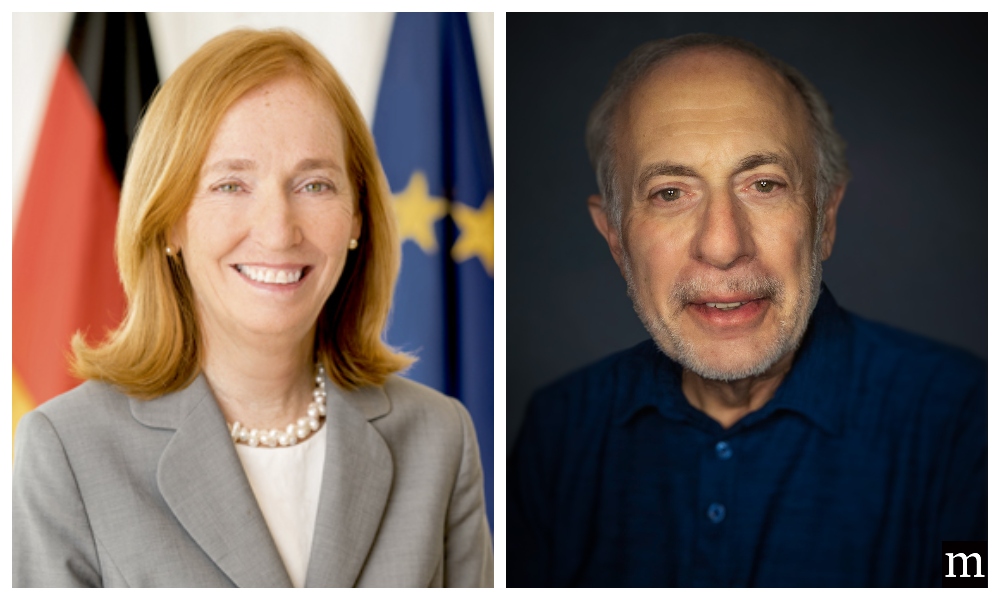
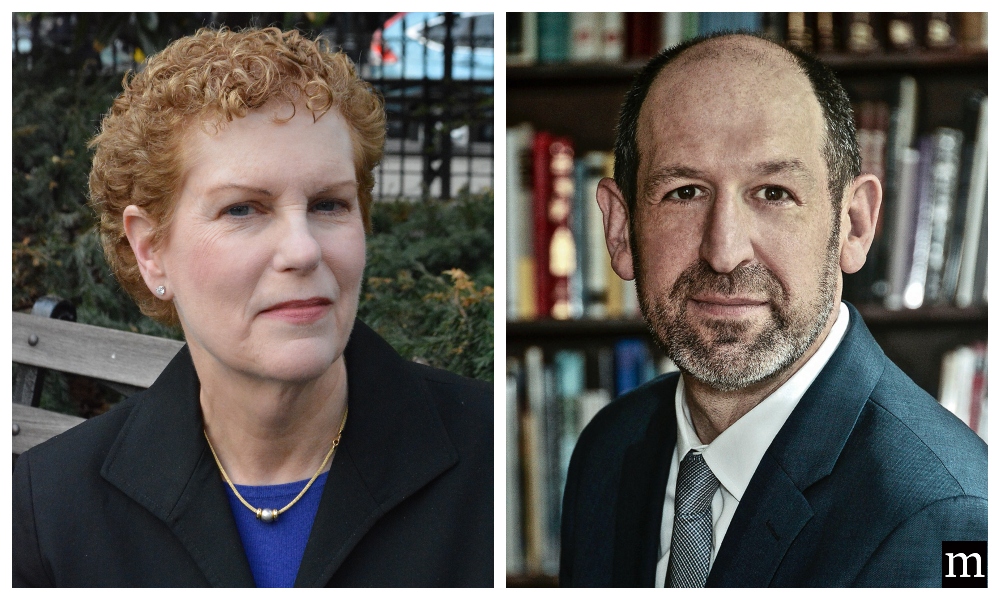
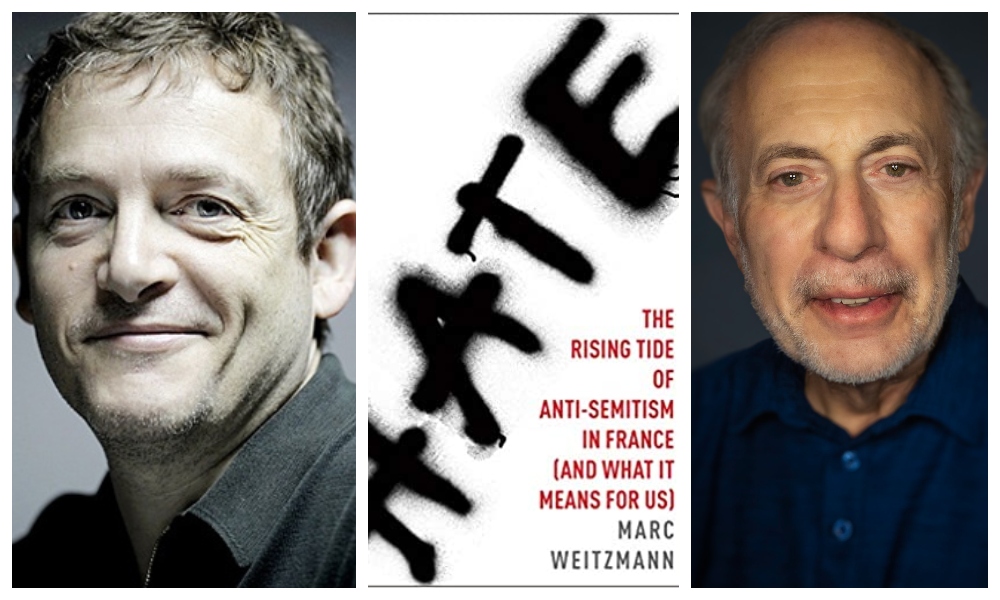


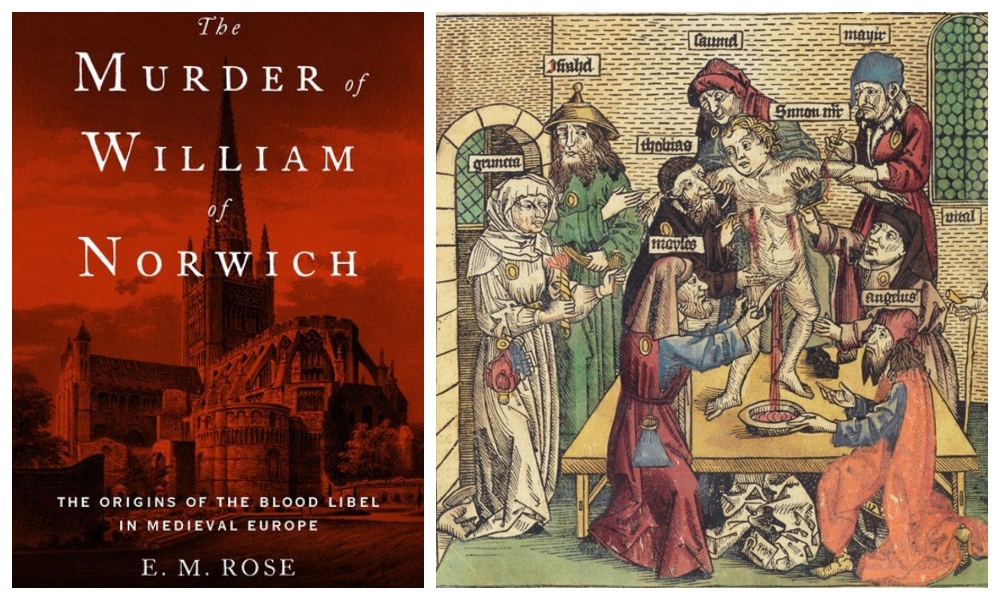
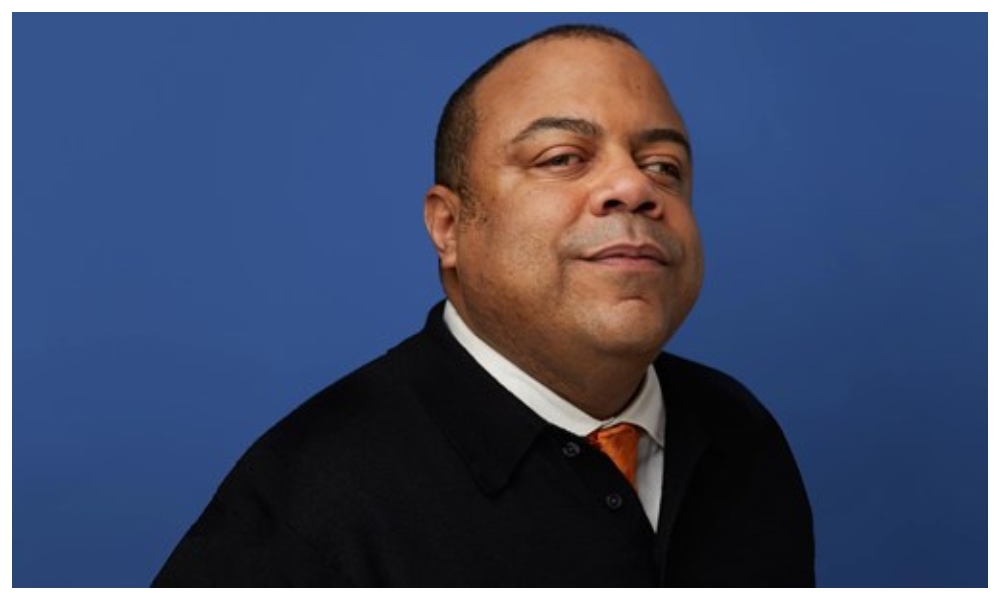
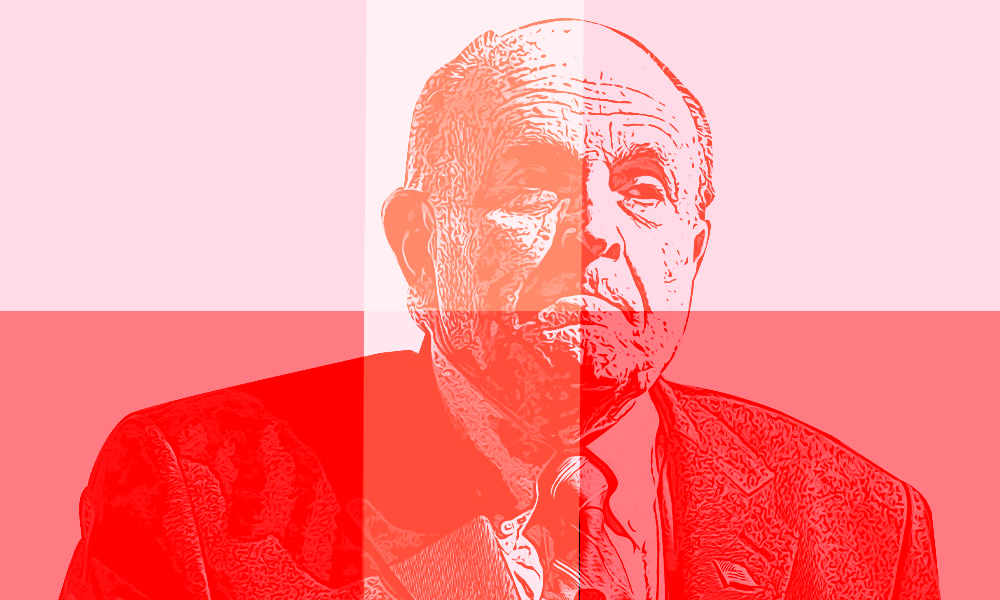
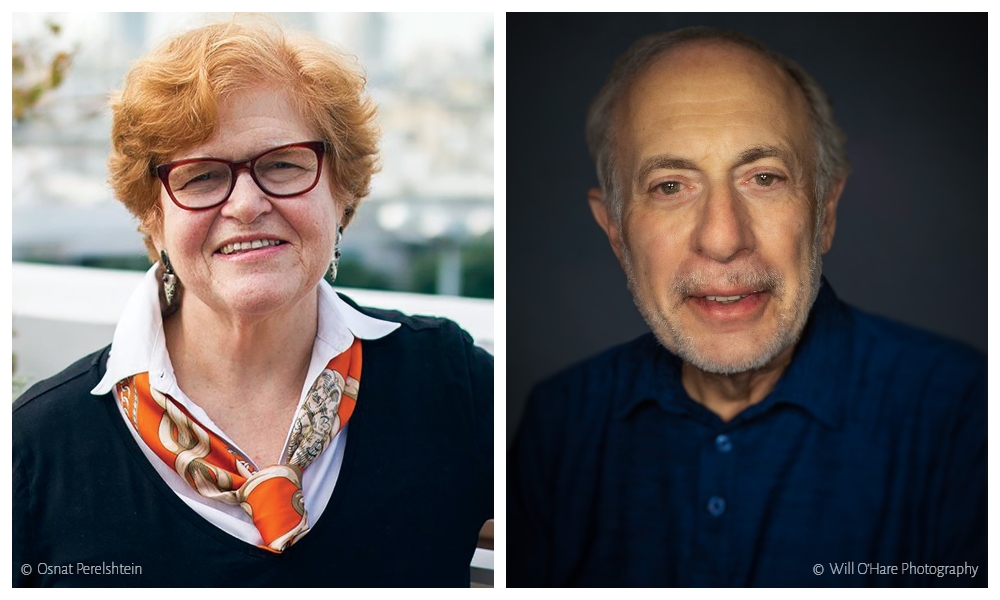

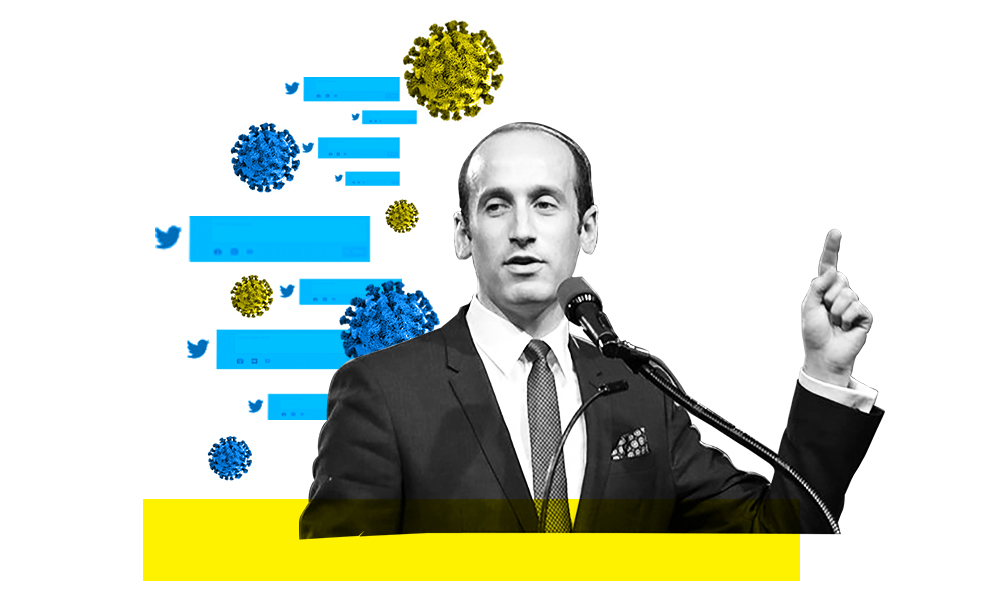
the communist, socialist and american labor parties were Not illegal … they were even on the ballot
Russia was our ally during the war, and almost single handedly defeated the Axis powers (and as an interesting piece of history INCLUDED the Ukraine …)